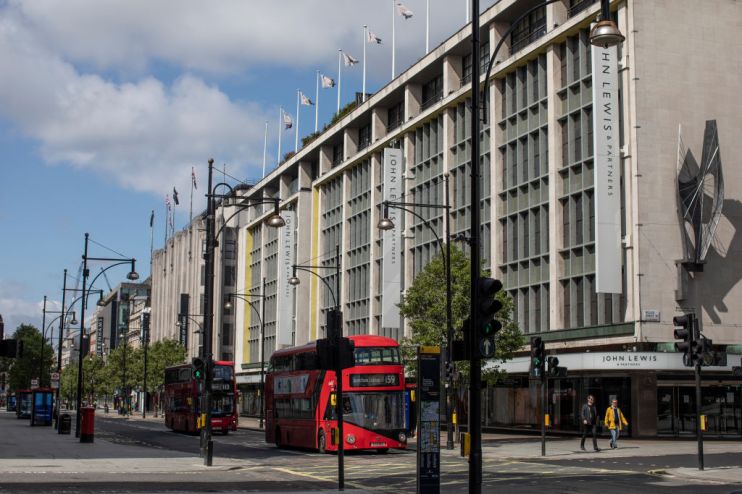Brits spend £40bn on items to boost mood in lockdown

Brits have spent £40.6bn on dispensable items during lockdown in a bid to keep themselves entertained while at home.
Consumers spent an average of £771.34 each during lockdown, as retailers launched new products to capitalise on the demand for at-home experiences.
Londoners spent the most during lockdown, amounting to 2812.26 per person followed by parents at home with children, who spent £2070.35.
Takeaway food and drink was the most popular purchase, making up 24 per cent of the items bought during lockdown, as restaurants that were forced to close pivoted to delivery and takeaway.
Despite the order to stay home, summer clothes accounted for 19 per cent of purchases as temperatures soared.
Meanwhile, more time spent at home meant 16 per cent of non-essential spend went on outdoor plants and flowers, and 15 per cent on baking products. The closure of bars and pubs saw Brits spend more on spirits, which accounted for 13 per cent of purchases.
Other purchases made during lockdown were less predictable. According to Barclaycard research, some of the more bizarre items bought included an inflatable pub, a piece of the moon, a Penny Farthing and an antique diving suit.
A third said their purchases made lockdown more enjoyable and almost three in 10 purposefully selected things that would make them, or their family happy during lockdown.
Barclaycard Payments managing director for account development Kirsty Morris said: “From little luxuries to big investments, the nation sought out the things that would bring them happiness and provide entertainment at home.
“A trend recognised by an increasing number of retailers seeking to attract customers with fun ‘insperience’ services and products during the months of lockdown.
“Things that could have been left redundant as lockdown eased, have instead have made their way up the ranks to be deemed household must-haves that people didn’t know they needed.
“Many of the items bought have also encouraged people to take up new hobbies, but perhaps more importantly, were successful in making such an unusual period, that little bit more enjoyable.”